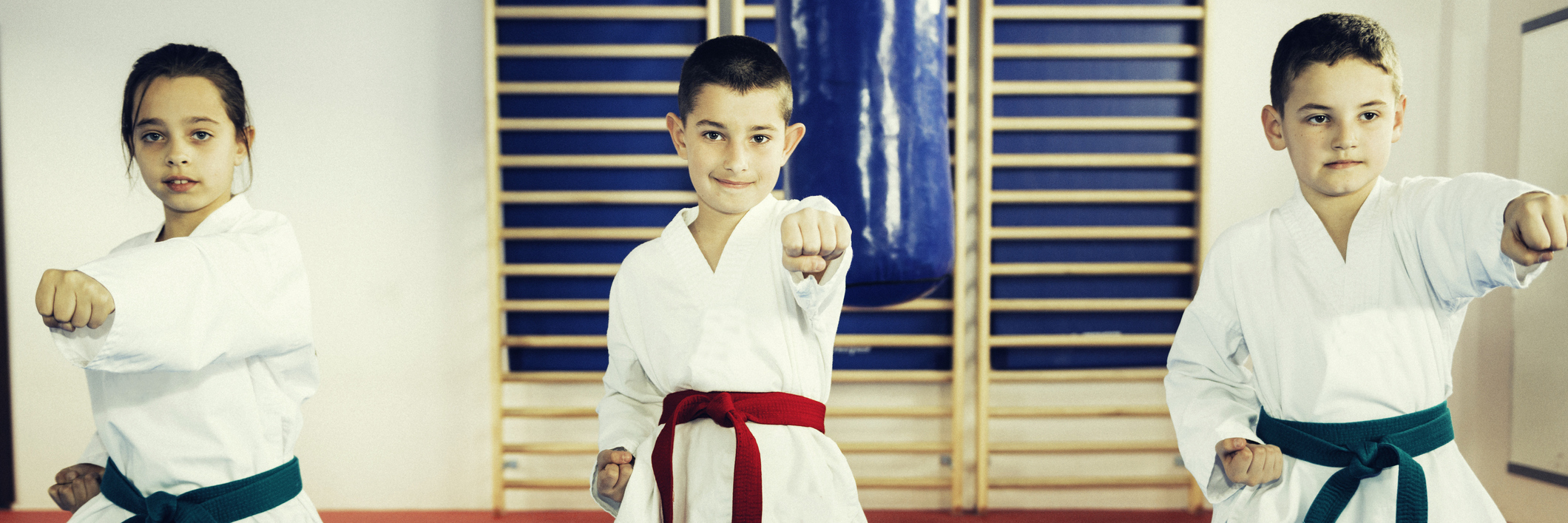When I first became sick five years ago, my favorite sport, basketball, was quickly ripped out of my life. I could no longer play, and as a high school junior, I was looking forward to getting some more varsity time. Yeah, sometimes life does one of its funny little tricks and works out weird.
The sport that fell into its place was taekwondo. I had done it for a few years when I was younger, but I wasn’t very good at it to say the least. When I got super involved with basketball, taekwondo was one of the first sports cut. Like I said, I wasn’t very good.
After losing the ability to walk due to extreme muscle weakness, I was determined to not let my conditions get the best of me. I could barely walk when I started taekwondo. Over the years, I’ve had my ups and downs with my health, but there’s been one constant other than school… taekwondo. I would help out with the classes in addition to my own classes. In the last two years, walking has again become a hardship, so I do my taekwondo from a wheelchair or on my knees. Yeah, you heard me right. I used wheelchair and taekwondo in the same sentence.
Recently, I was teaching a class for 7 to 12-year-old kids and we were having a talk on our life skill of the month, respect. The talk started just as many had started before. “What’s respect?” “Who do we give it to?” “How do we earn it?” We had the kids all engaged and ready to get back to work when one of the students, maybe about 7 or 8 years old, mentioned we should give more respect to people with disabilities. That perked my ears up and I was so shocked, I was speechless. Fortunately, my instructor was on his A-game and came up with the perfect response. It went something like this:
Student: “We should give more respect to people with disabilities.”
Instructor: *pauses* “Everyone take a seat again. Who deserves our respect?”
Kids: “Everyone!”
Instructor: “So let’s say there’s a kid at school who can’t see or a kid on the playground with one arm, their eyes don’t work and that kid can’t climb the same as you. Should you treat them any differently?”
Kids: “No!”
Another kid: “But you should help if they need it.”
Instructor (while nodding): “We are all the same. Help if you can, play together, and talk to them. This is one of the most valuable lessons you can learn, boys and girls. Treat everyone the way you want to be treated. Respect must be earned.”
This response was so spot on, I wish more young people could have heard it. If you teach them young, it sticks better. These kids have a taekwondo instructor in a wheelchair with multiple disabilities who hates excuses and special treatment. As my instructor told me the other day, when I’m teaching, they don’t see the chair anymore; they see the instructor. Of course kids are curious, but they have an example right in front of them. With all my disabilities, I’m still held to high expectations with some minor accommodations, but do I get treated any differently because I’m in a wheelchair? No. Not by the kids. Not by my instructor. Not by my peers. Not my family.
The moral of the story is to teach kids respect and acceptance early so whenever they meet people different from them, disability or not, they know how to act appropriately. It’s never too early to start!
We want to hear your story. Become a Mighty contributor here.
Thinkstock photo by Microgen.

